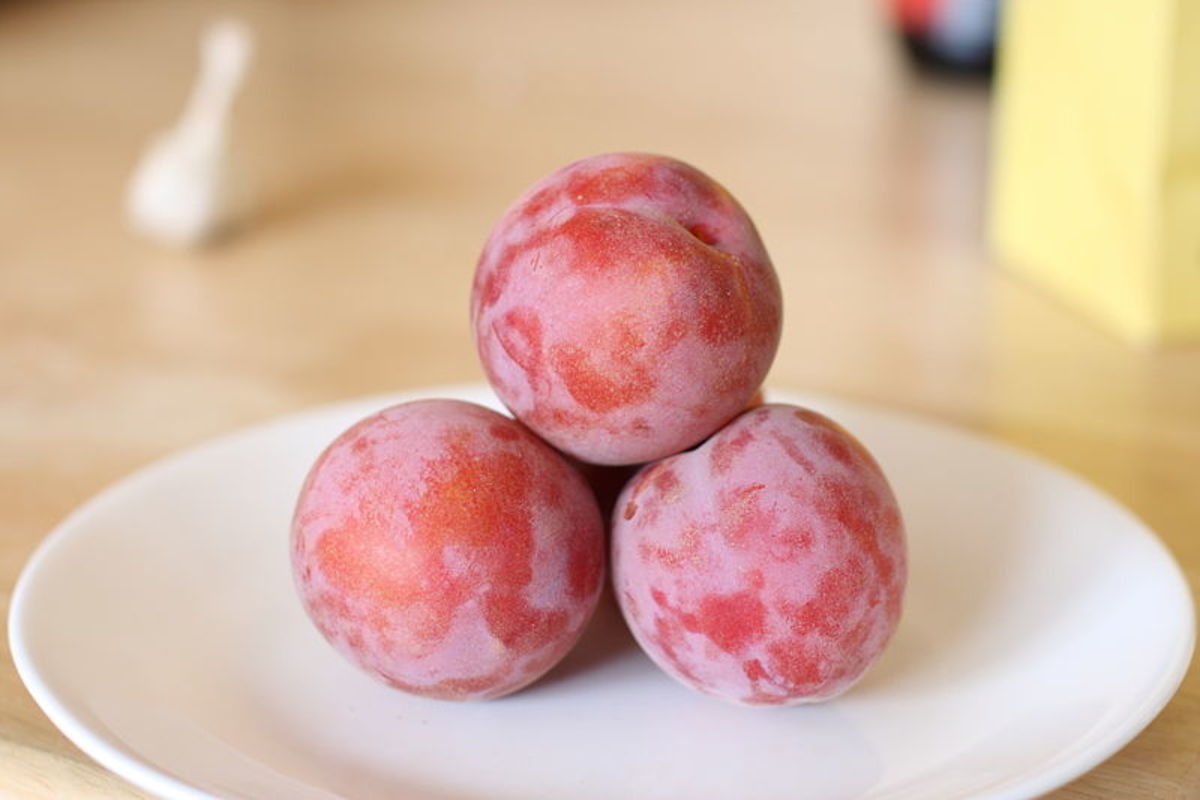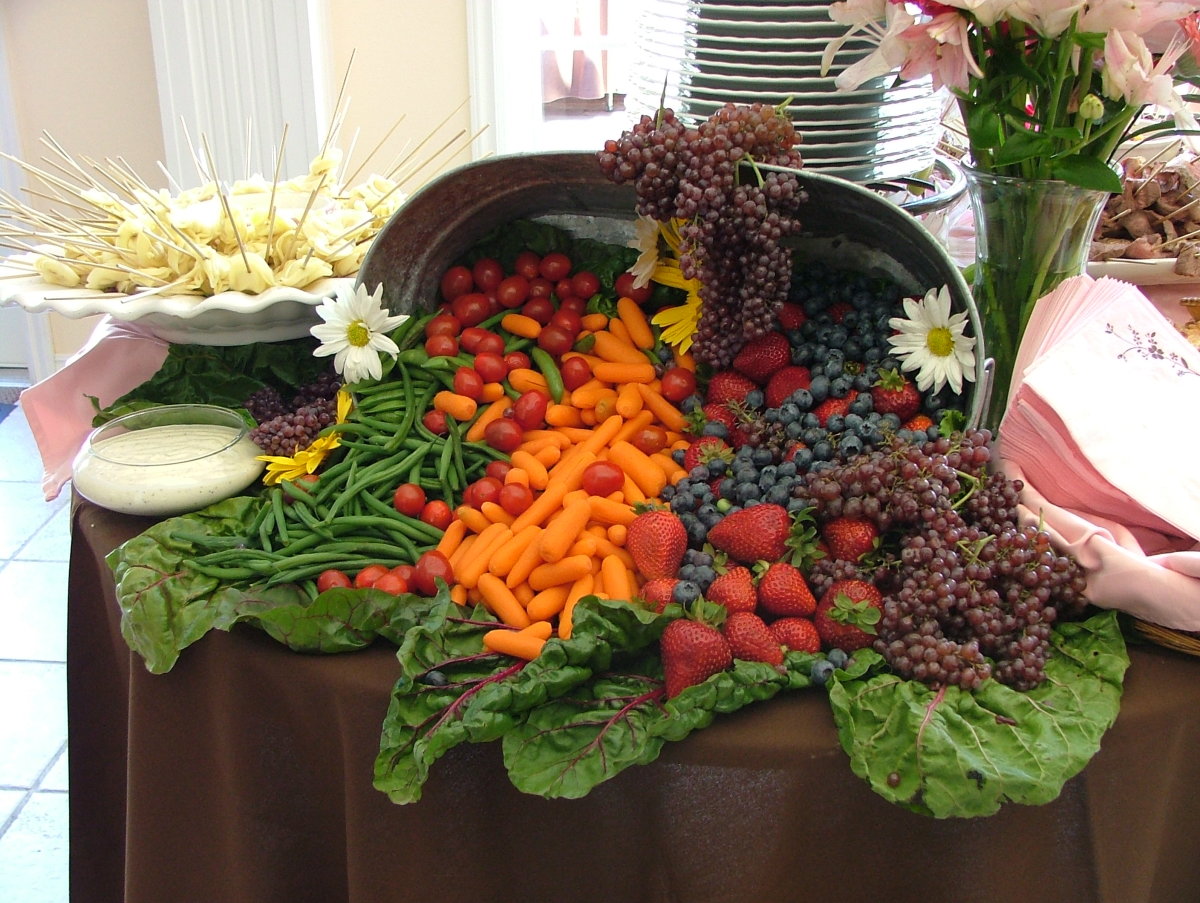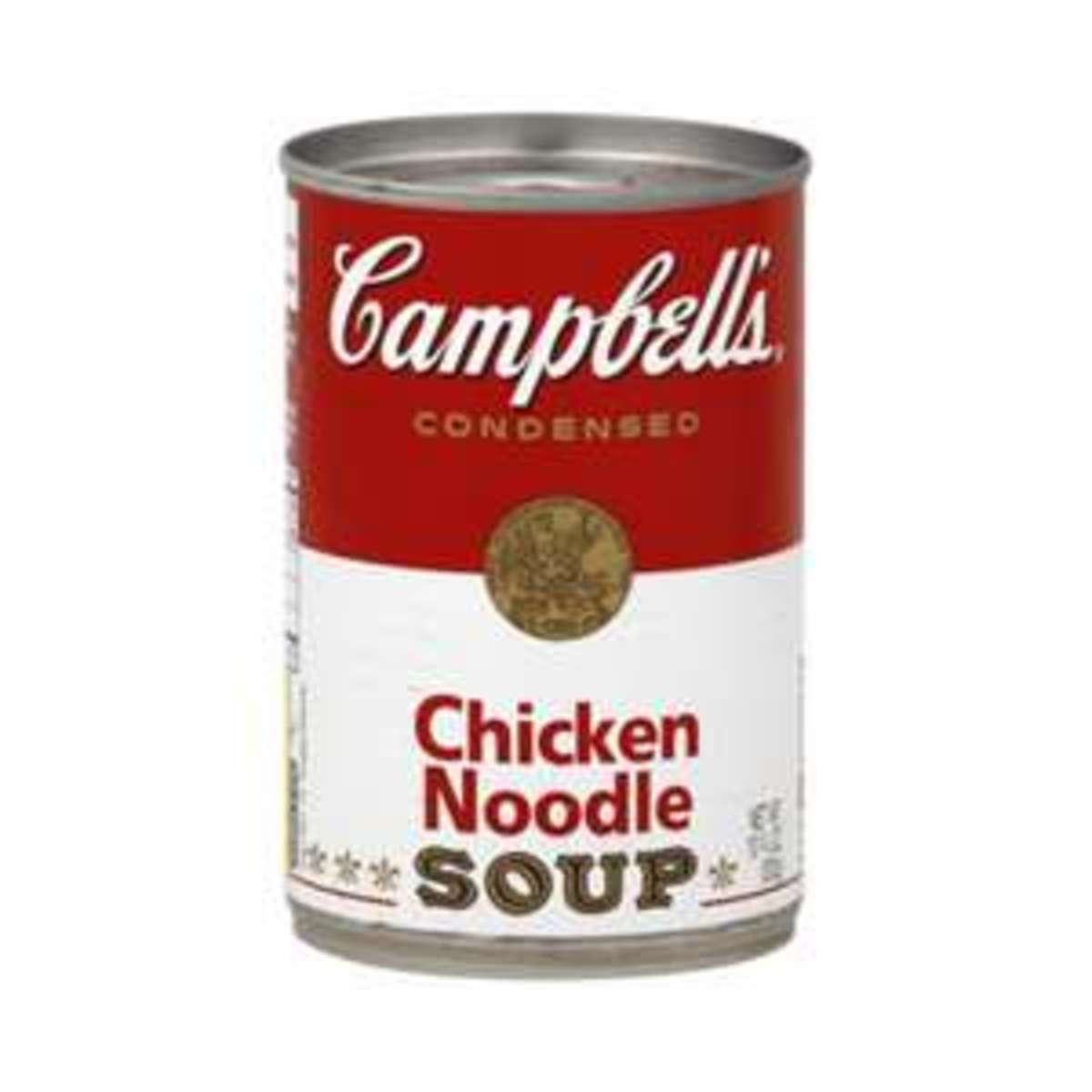Effects of Pesticides, The Foods We Eat
Pesticides
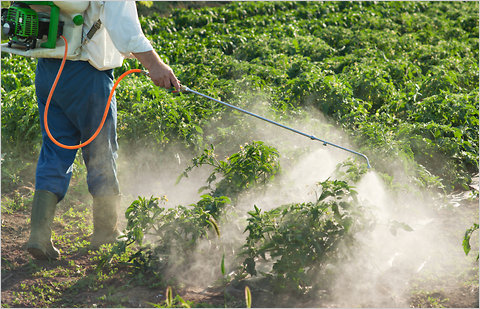
Pesticides, What's in the Foods we Eat?
Pesticides, what effect do they have on humans, if any? First let me explain what a pesticide is, it is a chemical that is used on plants to kill any pests that may prey on it. For example, when a farmer plants wheat, he needs to make sure that he kills any bugs or worms that may eat his crop. This helps the farmer to make more money because his crops yield more. Also, when the crops yield we are able to feed more people in the world. The question remains do we not use pesticides and get less food crops letting someone somewhere on the earth starve, or do we deal with the long term effects of pesticides and stave off famine and hunger. In essence, we are trading one thing for another. Pesticides are a poison; they can and do affect us in negative ways.
One way they affect humans is that they cause acute health problems in those that handle them. The symptoms include abdominal pain, headaches, dizziness, vomiting, nausea, as well as eye and skin problems. In some countries, many are poisoned by pesticides and hundreds even die from it. There are many different long term effects, one of them is cancer. Pesticides have been linked with leukemia, lymphoma, brain, breast, kidney, liver, prostate, lung, pancreas, and skin cancers. This link is evident in residential and occupational exposure, even with low levels of pesticides.
When the mother of an unborn child is exposed by occupation to pesticides it can cause Wilm’s tumor, leukemia, and brain cancer. The longer the exposures to pesticides the worse the problems become.
Pesticides have neurological effects, and the longer the person is exposed to them the worse the neurological problems become. Parkinson’s disease is associated with exposure to pesticides, both herbicides and insecticides will significantly increase the chances of Parkinson’s disease. The long term effects of exposure will increase the risk of dementia.
What about the food that we eat? Many people have switched over to organic to avoid exposure to pesticides in their food. But, how much are we consuming in our foods? Quite a bit of the food crops, including fruits and vegetables contain pesticide residue. The bad thing about that is it can’t be washed off. The pesticide residue remains no matter how much you wash.
As discussed above pesticides cause cancers, Parkinson’s disease, infertility, and birth defects. However, that is not all. Pesticides have been linked to obesity, diabetes, and autism. We must understand that pesticides are not the only one to blame for these maladies.
Here is the list of the dirty dozen for 2013 (These are the fruits and vegetables that have the most pesticide residue)
1. Apples
2. Celery
3. Cherry tomatoes
4. Cucumbers
5. Grapes
6. Hot peppers
7. Nectarines (imported)
8. Peaches
9. Potatoes
10. Spinach
11. Strawberries
12. Sweet bell peppers
The dirty dozen plus: Kale, collard greens, and summer squash.
The clean 15 are:
1. Asparagus
2. Avocados
3. Cabbage
4. Cantaloupe
5. Sweet corn
6. Eggplant
7. Grapefruit
8. Kiwi
9. Mangoes
10. Mushrooms
11. Onions
12. Papayas
13. Pineapples
14. Sweet peas
15. Sweet potatoes
You do not need to spend a great deal of money buying all of your fruits and vegetables organic, but I recommend that you buy the dirty dozen organic.
Thanks Velzipmur aka Shelly Wyatt
Organic Foods and Pesicides
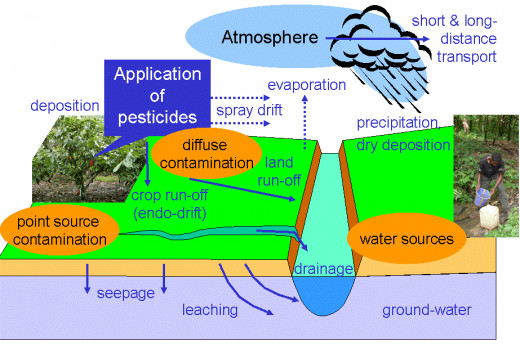
Washing your Produce
Can you effectively wash off pesticides from conventionally grown produce? Well, to be honest it is better to wash them than to not wash them at all, but having said that, it is impossible to wash all the pesticides from your produce.
Pesticides are present on your fruits and vegetables, unless you purchase organic. Some of us may not have the money in our budget to purchase organic so, we choose to wash them vigorously. Does this help? You can remove a substantial amount of pesticide residue from your produce by washing and scrubbing lightly. However, you can’t remove the entire pesticide residue.
Evert year the amount of pesticides that are found on produce is different and can vary considerably. That’s why the Environmental Working Group headquartered in Washington, D.C. samples fruits and vegetables every year and comes up with a list they call the dirty dozen and the clean fifteen.
Pesticides on Fruits and Vegetables
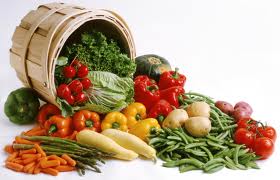
Organic Farming
Organic Fruits and Vegetables
© 2013 Shelly Wyatt




